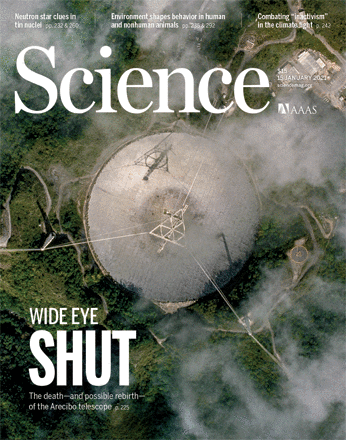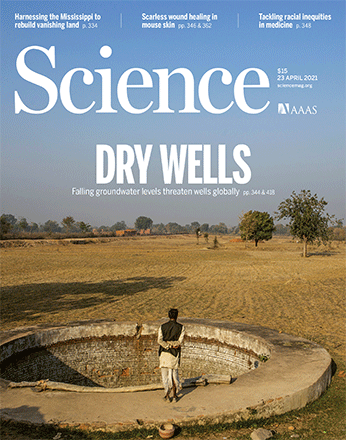Send us a link
In Disrupted Russian Academy Election, Researchers Find Signs of State Meddling
Leader of Russia's largest chipmaker elected president after incumbent's sudden withdrawal.
For scientists, Roe’s end raises concerns about personal safety and professional choices
The Supreme Court’s reversal will likely be felt most strongly in groups that are already underrepresented in science.
UK Set to Abandon Europe's Top Science Funding Program, Go It Alone
As Brexit dispute deepens, grant winners are forced to reject money or move to Europe.
Arati Prabhakar Set to Become Biden's Science Adviser and His Pick to Lead Science Office
Arati Prabhakar Set to Become Biden's Science Adviser and His Pick to Lead Science Office
Applied physicist would bring wealth of policy experience as successor to Eric Lander.
Upheaval in Norwegian Science Funding Threatens Grants
Firing of funding agency board alarms research sector.
Twitter Transformed Science Communication During the Pandemic. Will It Last?
Twitter Transformed Science Communication During the Pandemic. Will It Last?
COVID-19 researchers have embraced the platform. For many others, tweeting has yet to translate into professional rewards.
"You Can't Get Back Specimens": Ukrainian Scientists Rush to Save Irreplaceable Collections
"You Can't Get Back Specimens": Ukrainian Scientists Rush to Save Irreplaceable Collections
Researchers hide ancient weapons and bat skulls, and upload massive sets of data to international servers.
For LGBQ Scientists, Being Out Can Mean More Publications
Papers are a key currency for academic careers. LGBQ academic scientists who don’t disclose their sexual orientation in the workplace publish fewer papers than their out or non-LGBQ peers.
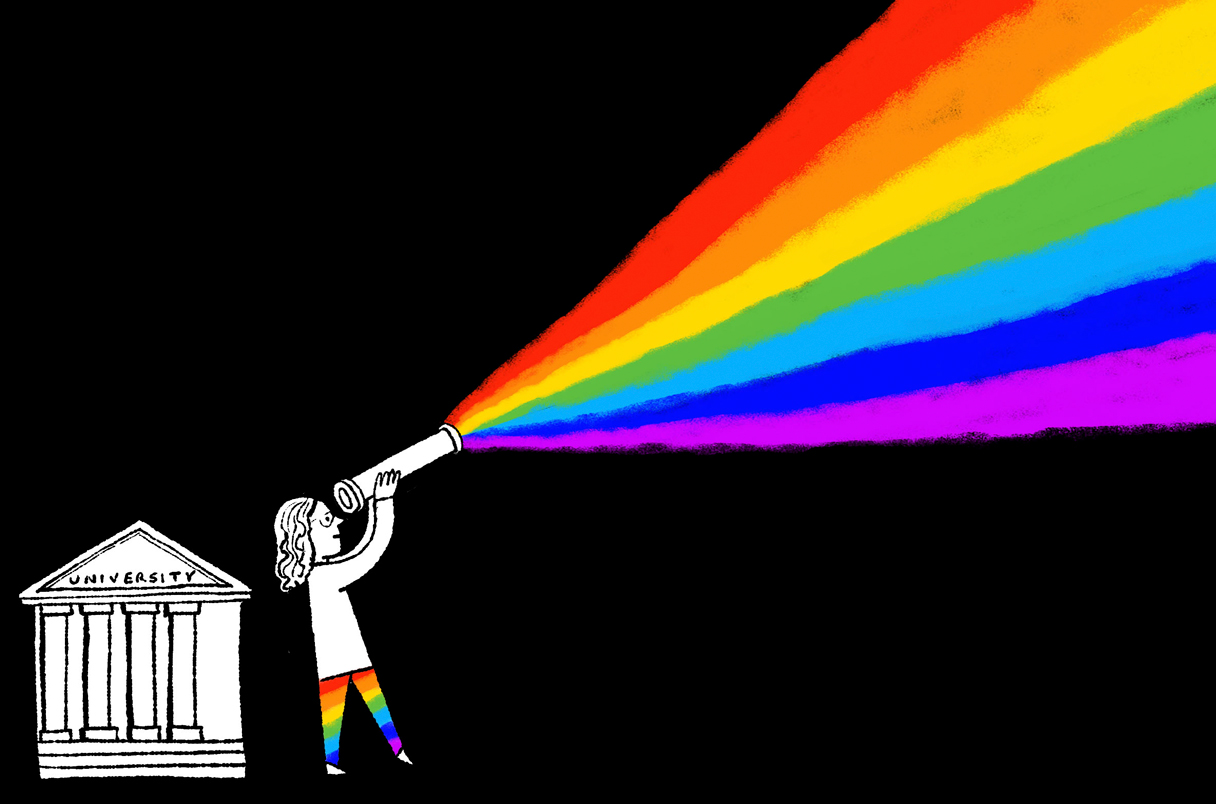
The Dark Side of Online Space Disinformation
Cosmologist Katie Mack shares tips for spotting and combating physics falsehoods online.
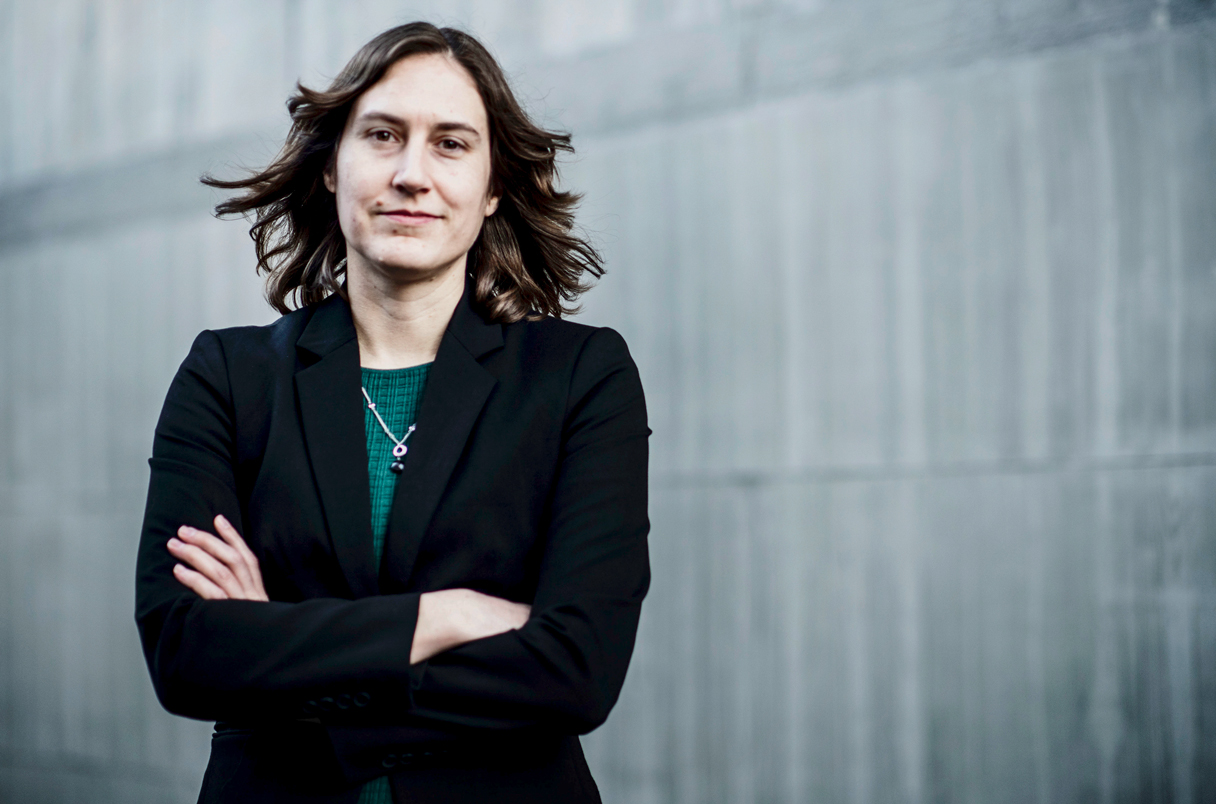
Is It Time to Live with COVID-19? Some Scientists Warn of 'Endemic Delusion'
As pandemic restrictions lift, researchers stress the need to prepare for the next variant

What’s Next for Biden’s Research Agenda After Science Adviser’s Fall From Grace?
The resignation of the Science Adviser likely won’t doom president’s science initiatives, argue science policy observers
Others Helped Me Become a Scientist. Now, I'm Paying It Forward
Others Helped Me Become a Scientist. Now, I'm Paying It Forward
Outreach activities helped this postdoc grow and find satisfaction in her work as a scientist
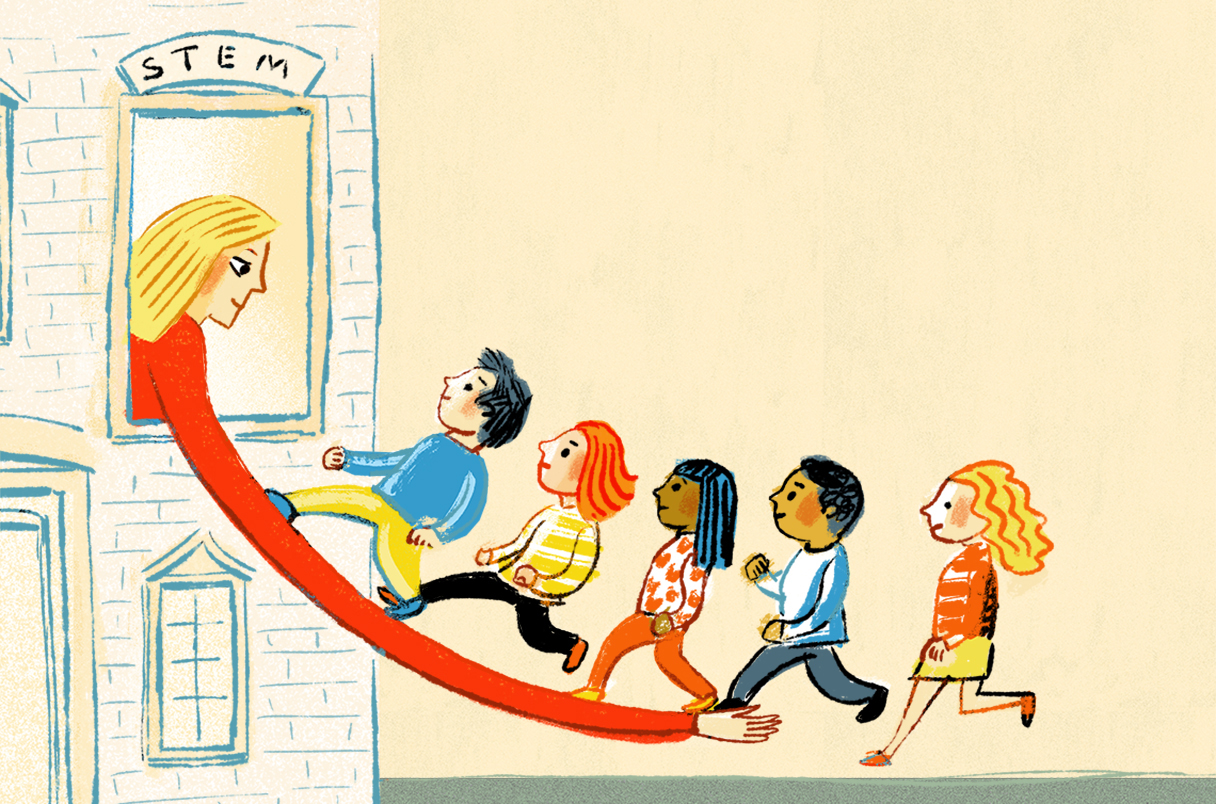
U.S. Science No Longer Leads the World. Here's How Top Advisers Say the Nation Should Respond
U.S. Science No Longer Leads the World. Here's How Top Advisers Say the Nation Should Respond
Growing competition means U.S. must decide where to excel.
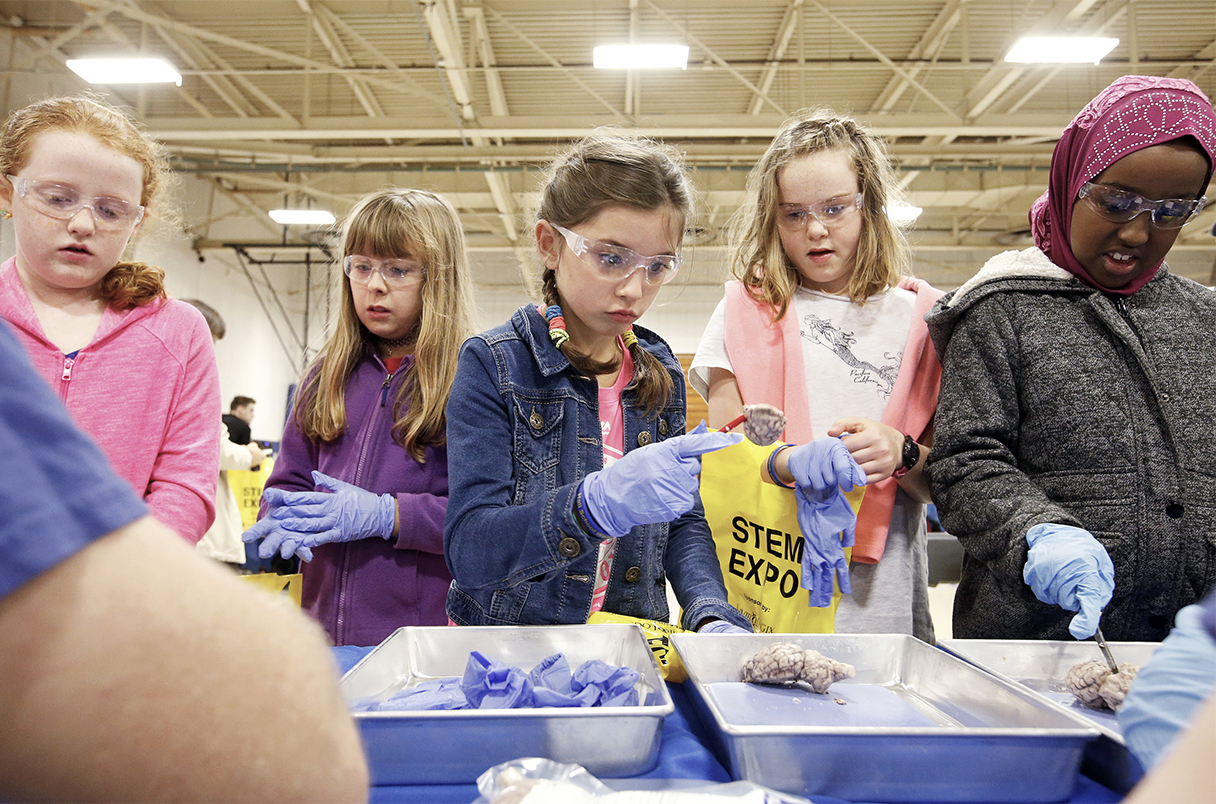
Back in Person, Back to the Races
Young scientists provide advice to a researcher, who feels left behind after a difficult pandemic experience.
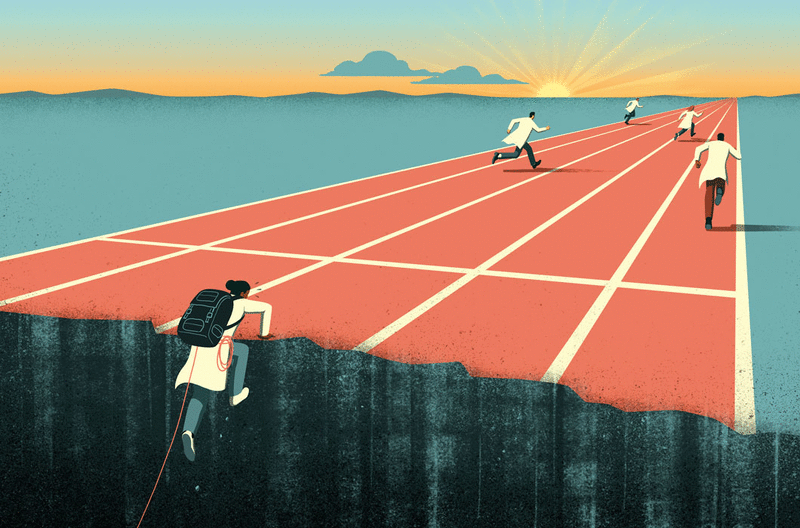
Climate Change to Stir Up Global Agriculture Within Next Decade
New computer simulations predict deep changes in growing conditions affecting the productivity of major crops already within the next 10 years if current global warming trends continue.
Funding Agency's Reviewers Were Biased Against Scientists with Novel Ideas
Funding Agency's Reviewers Were Biased Against Scientists with Novel Ideas
Study of Swiss agency is among the first to examine how proposals by unorthodox scientists fared.

No Revolution: COVID-19 Boosted Open Access, but Preprints Are Only a Fraction of Pandemic Papers
No Revolution: COVID-19 Boosted Open Access, but Preprints Are Only a Fraction of Pandemic Papers
Critics of scientific publishing had hoped for a bigger shake-up from the global crisis.
University department administrators are freaking heroes
This month, Joan Miller retired. You probably haven’t heard of Joan. Joan was the administrator for my grad school department who, for 48 years, made sure everything ran smoothly and—stunningly—never appeared the slightest bit ruffled by the depth or breadth of these demands.
Reframing Strategic, Managed Retreat for Transformative Climate Adaptation
Human societies will transform to address climate change and other stressors. How they choose to transform will depend on what societal values they prioritize. Managed retreat can play a powerful role in expanding the range of possible futures that transformation could achieve and in articulating the values that shape those futures. Consideration of retreat raises tensions about what losses are unacceptable and what aspects of societies are maintained, purposefully altered, or allowed to change unaided. Here we integrate research on retreat, transformational adaptation, climate damages and losses, and design and decision support to chart a roadmap for strategic, managed retreat. At its core, this roadmap requires a fundamental reconceptualization of what it means for retreat to be strategic and managed. The questions raised are relevant to adaptation science and societies far beyond the remit of retreat.
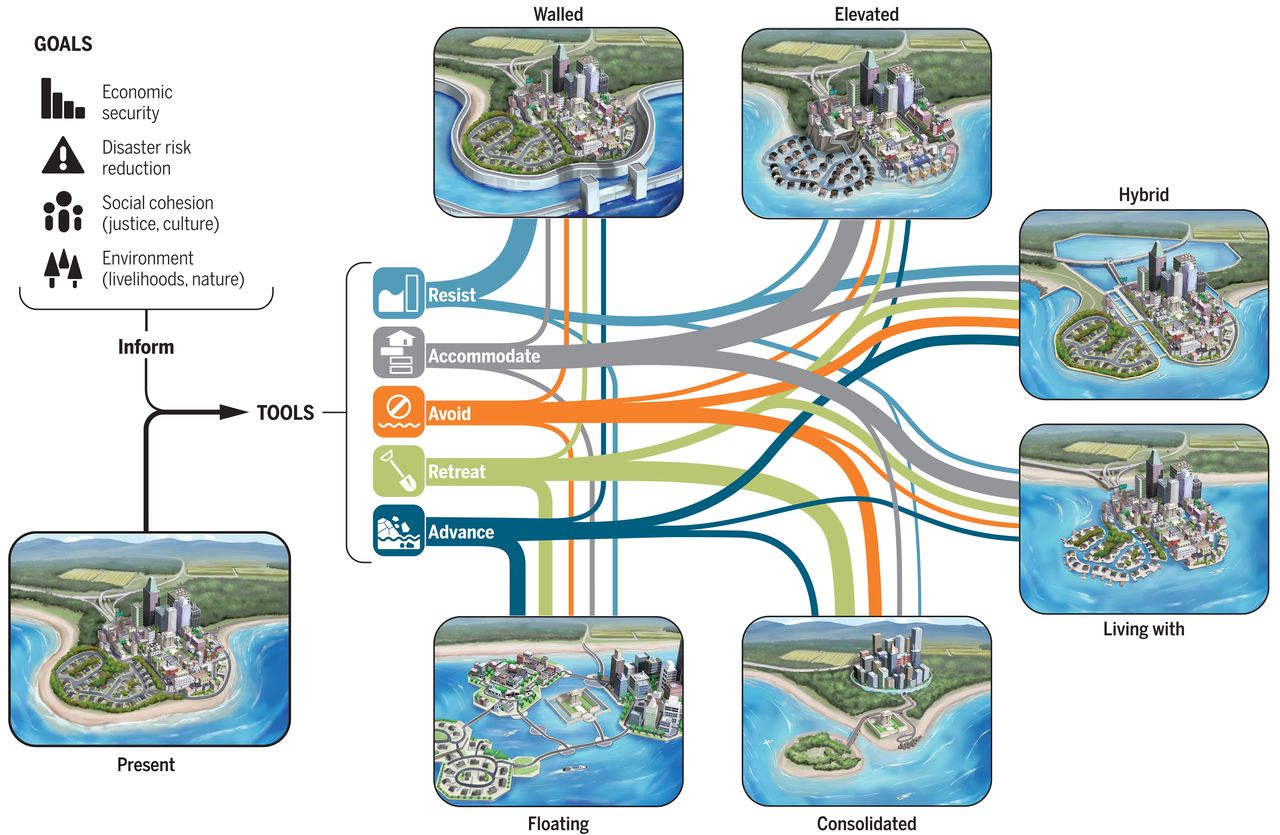
Face Masks Effectively Limit the Probability of SARS-CoV-2 Transmission
Airborne transmission by droplets and aerosols is important for the spread of viruses. Face masks are a well-established preventive measure, but their effectiveness for mitigating SARS-CoV-2 transmission is still under debate. We show that variations in mask efficacy can be explained by different regimes of virus abundance and related to population-average infection probability and reproduction number. For SARS-CoV-2, the viral load of infectious individuals can vary by orders of magnitude. We find that most environments and contacts are under conditions of low virus abundance (virus-limited) where surgical masks are effective at preventing virus spread. More advanced masks and other protective equipment are required in potentially virus-rich indoor environments including medical centers and hospitals. Masks are particularly effective in combination with other preventive measures like ventilation and distancing.
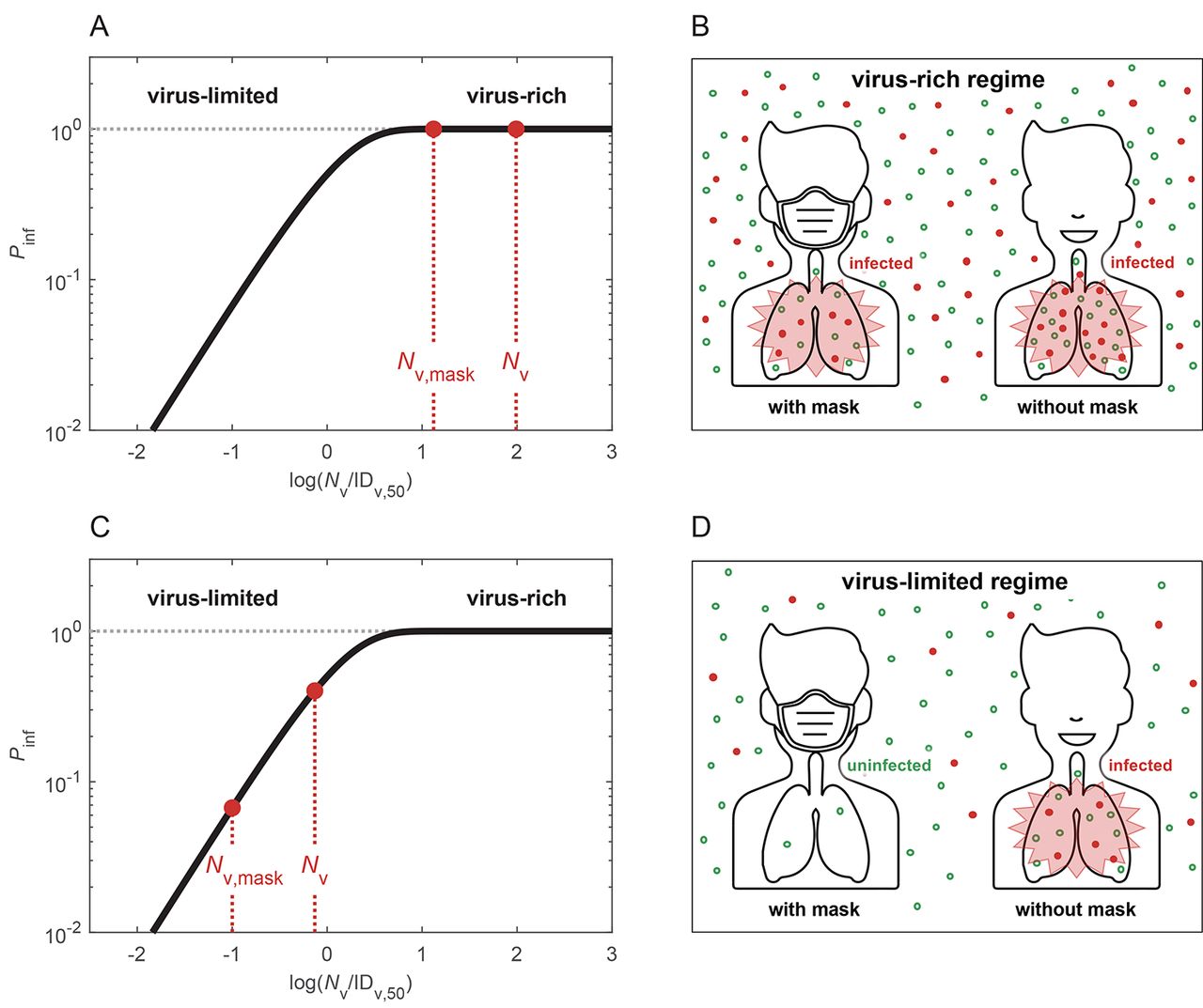
'Superagency' May Further Politicize Indonesian Research
'Superagency' May Further Politicize Indonesian Research
Indonesia has dismantled its science ministry and created an overarching national research agency, a move some scientists worry will strengthen political control over research in a country where academic freedom is already under pressure and politics have taken an authoritarian turn.
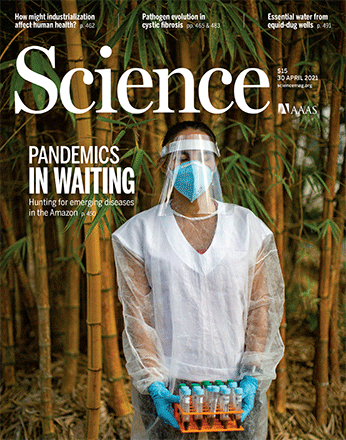
Socioeconomic Status Determines COVID-19 Incidence and Related Mortality in Santiago de Chile
Socioeconomic Status Determines COVID-19 Incidence and Related Mortality in Santiago de Chile
The current COVID-19 pandemic has impacted cities particularly hard. Here, we provide an in-depth characterization of disease incidence and mortality, and their dependence on demographic and socioeconomic strata in Santiago, a highly segregated city and the capital of Chile. Our analyses show a strong association between socioeconomic status and both COVID-19 outcomes and public health capacity.
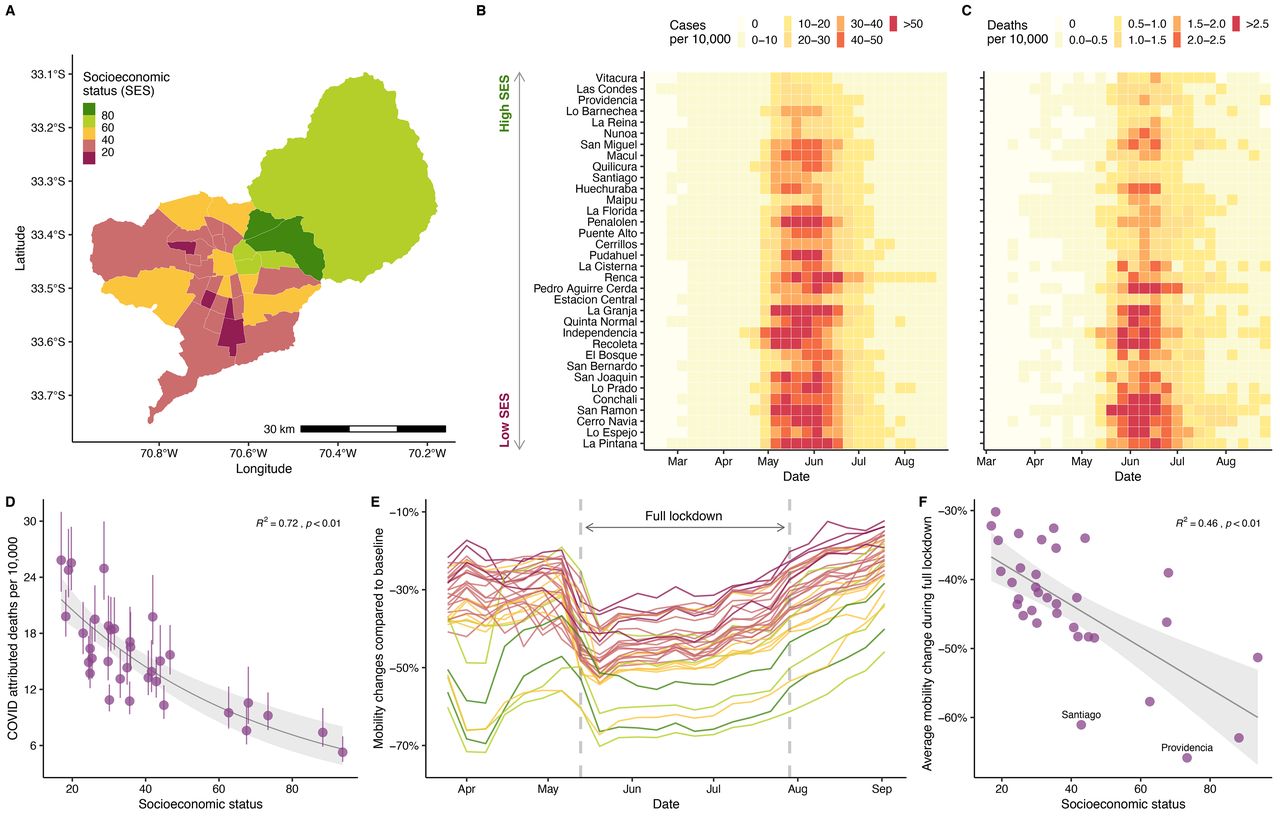
Model-Informed COVID-19 Vaccine Prioritization Strategies by Age and Serostatus
Model-Informed COVID-19 Vaccine Prioritization Strategies by Age and Serostatus
Limited initial supply of SARS-CoV-2 vaccine raises the question of how to prioritize available doses. The authors used a mathematical model to compare five age-stratified prioritization strategies.
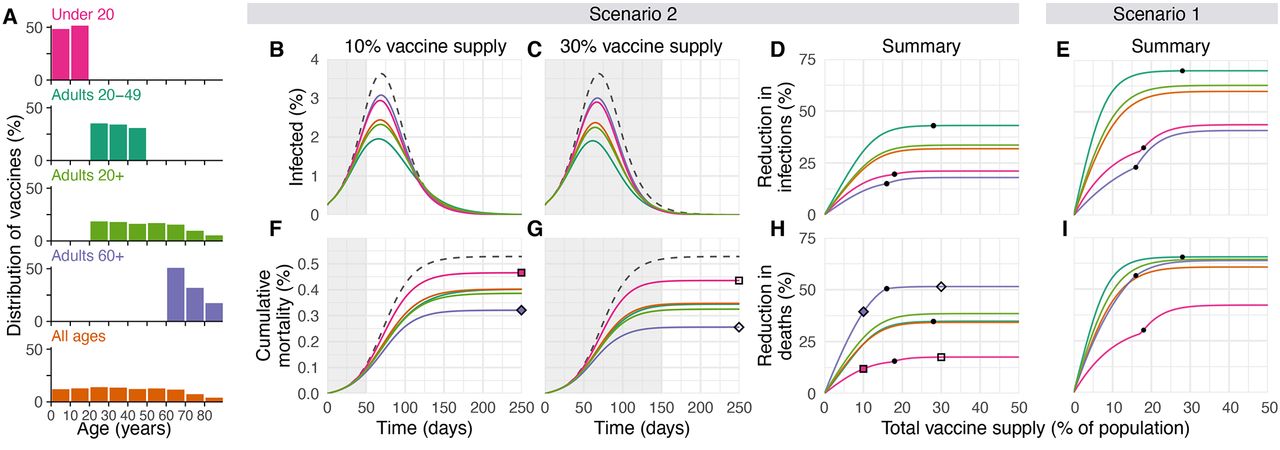
Public Debate is Good for Science
In the age of the internet, there's no such thing as a private debate. But is that bad for science?
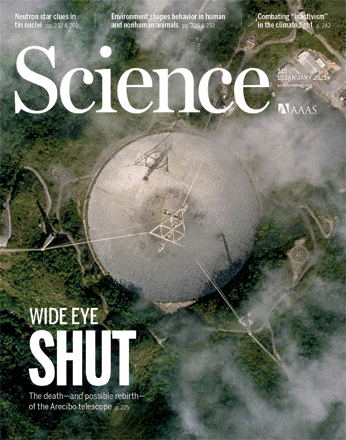
Herd Immunity by Infection is Not an Option
Herd immunity is expected to arise when a virus cannot spread readily. However, Manaus provides a cautionary example that herd immunity is likely not achieved even at high levels of infection and that it comes with unacceptably high costs.
